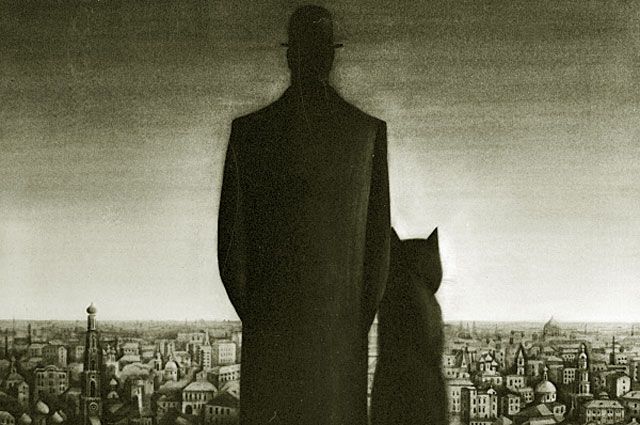
The fate of The Master and Margarita is as tragic as the fate of its protagonists. The work was written for about twelve years, but it remained unfinished - the death of the author prevented the completion of what was begun. Mikhail Bulgakov , like his Master, destroyed the manuscript, however, unlike his character, he again restored it from memory. And after the last copyright correction, which Bulgakov made less than a month before his death, "The Master and Margarita" lay on the shelf for another 26 years. If it were not for the efforts of the writer's widow, the novel would have remained unknown - she kept and “saved” the manuscripts, as Margarita did in her time.
FIRST TRY
In the first edition, the novel was completely different from the version of The Master and Margarita that we know now. There was no trace of the Master or Margarita at that time. Bulgakov conceived the work as a "novel about the devil" and Woland became the central character - however, at that time he was called Astarot and he traveled without his "motley" retinue. The idea of a large novel appeared in the writer in 1928, when he was 37. K he started work either in the same year or the next - it is impossible to say for sure, because in different manuscripts Bulgakov himself put different dates. But it is known that on the last day of winter 1929 an anonymous letter came to the OGPU. An unknown informant reported: “M. Bulgakov wrote a novel, which he read in a certain society, where they told him that they would not let him in this form, since he is extremely harsh with attacks against Soviets.
In mid-March 1930, Bulgakov destroyed the manuscript. This happened after the Main Repertoire Committee banned his play "Cabal of the Sanctifiers" from staging - although before that the playwright had read it at the Moscow Art Theater and the theater accepted the text. The annoyed writer "got it back" on his new work, and a week later he sent a letter to the government: "And personally, with my own hands, I threw a draft of the novel about the devil into the stove ...".
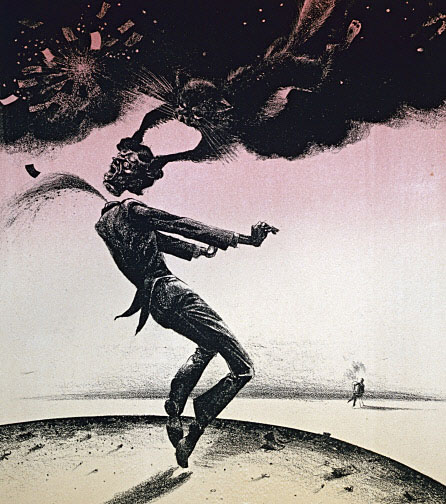
"A DEMON HAS POSSESSED ME"
A year after the leaves died in the fire, Bulgakov returned to his plot. As he later wrote to his friend, “A demon has possessed me ... Already in Leningrad and now here, suffocating in my little rooms, I began to smudge page after page of my newly destroyed novel three years ago. What for? I do not know. I am amuse myself! Let it fall into oblivion! "
In the second edition, the novel was more fortunate. Bulgakov did not burn it and introduced new heroes into the narrative - Margarita and the Master. The work dragged on for five years: the author had to interrupt to write plays and scripts to order and somehow stay afloat. In those years, the work had several variants of titles: "The Grand Chancellor", "Satan", "Here I am", "Horseshoe of a Foreigner" and others. It was only in the second half of 1937 that the title "The Master and Margarita" appeared. Bulgakov then began to write the third version of the work.
Until the end of his life, the writer continued to "polish" his creation - he constantly made edits and changed something. The last time he worked on the text was four weeks before his death: he dictated his last remarks to his wife.
"THE MASTER AND MARGARITA in a nutshell
Each of Bulgakov's characters is a bearer of some important qualities. The master is a creator, Margarita is a symbol of sacrificial love, the image of Yeshua is very similar to Jesus Christ, and Woland with his "motley" entourage is "a part of the power that always wants evil and always does good."
A distinctive feature of the novel is the presence in it of three different space-time layers. The action takes place in Bulgakov's Moscow of the 30s, in ancient Yershalaim and in the mystical world of Woland. In this case, the characters sometimes move between "dimensions".
But three times and three spaces were not enough for Bulgakov. His heroes, united by some common features, make up triads. For example, in the "Yershalaim" narrative, Woland corresponds to the prosecutor Pontius Pilate, and in the "human" world - the director of the psychiatric clinic Stravinsky. All three characters have power and "move" the plot - in their worlds "as they say, so be it." By the way, the writer himself was in awe of the number 3.
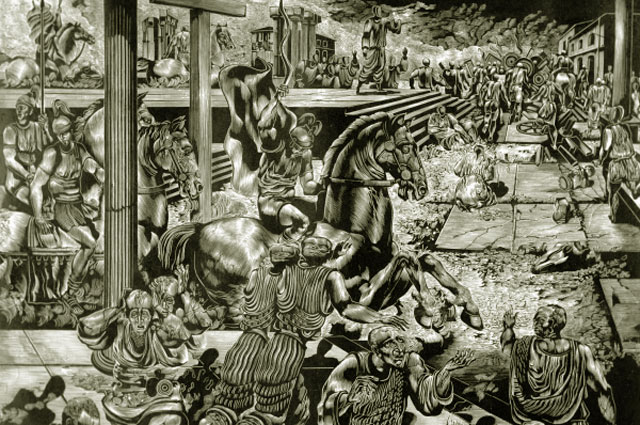
SATIRE ON SOVIET LIFE
During his lifetime, the author never saw his most important work published. And the point was not only that Bulgakov did not manage to finish the novel and constantly made edits to it. The censorship would simply not let it through. As one of the writer's friends, to whom Bulgakov read his manuscript, said, "This cannot be printed."
The novel often features political satire. Despite the fact that the author was constantly redoing something and removing the most “dangerous” places, “The Master and Margarita” still ridiculed the Soviet foundations - from the lack of narzan and beer in the “Beer and Water” tent to punishment for possession of currency.
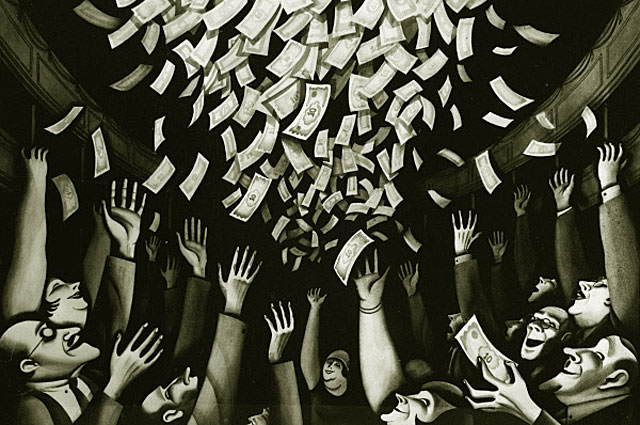
"TESTAMENT" OF THE WRITER
Anticipating death, the writer called his novel "sunset". As much as he could, he worked on the book - even when his vision began to fall and pain from hypertensive nephrosclerosis could only be removed by morphine, Bulgakov dictated to his wife and her sister the last version of the work. According to the recollections of the writer's widow, at the end of his illness he practically did not speak, but somehow pointed to the manuscripts of The Master and Margarita and squeezed out of himself: “To know, to know”. And Elena Bulgakova did everything to "learn". She saved and reprinted all her husband's writings, and 26 years after his funeral, the novel finally saw the light of day and made its creator world famous. But already posthumously.
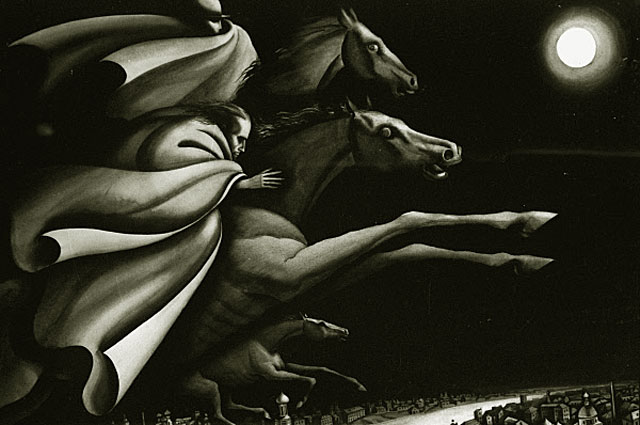
QUOTES FROM "THE MASTER AND MARGARITA"
"Manuscripts do not burn" (Woland)
"There are no evil people in the world, there are only unhappy people" (Yeshua Ha-Nozri)
"No document, no man" (Koroviev)
“My friend Azazello! Where are you? You didn’t come to my aid at a time of unequal battle. You left poor Behemoth, exchanging it for a glass - indeed, very good! - cognac! Well, let my death fall on your conscience, and I will bequeath my Browning to you ... The only thing that can save a mortally wounded cat is a gulp of gasoline ... " (Behemoth)
"Have mercy ... would I allow myself to pour a lady of vodka? This is pure alcohol! " (Hippopotamus)
“Who said that there is no real, faithful, eternal love in the world? Let the liar cut off his vile tongue! " (the narrator)
"I was broken, I am bored, and I want to go to the basement" (Master)
“Annushka has already bought sunflower oil, and not only bought it, but even spilled it. So the meeting will not take place " (Woland)
“I'll tell you a story. There was only one aunt in the world. And she did not have children and there was no happiness at all. And so at first she cried for a long time, and then she became angry ” (Margarita)
“... never ask for anything! Never and nothing, and especially with those who are stronger than you. They themselves will offer and they themselves will give everything! " (Woland)
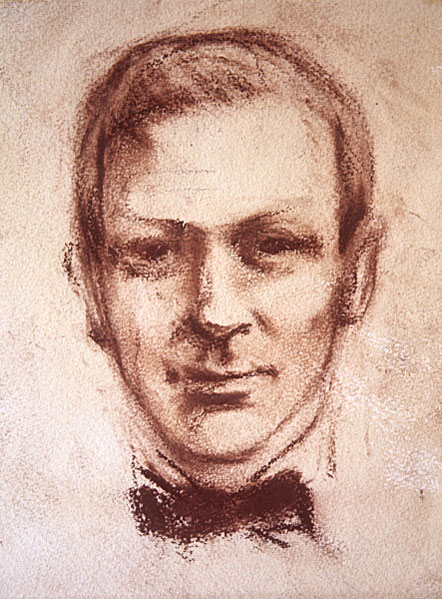
Portrait of Mikhail Bulgakov (1891 – 1940)
by the artist Kolesova I.A., 1926.

No comments:
Post a Comment